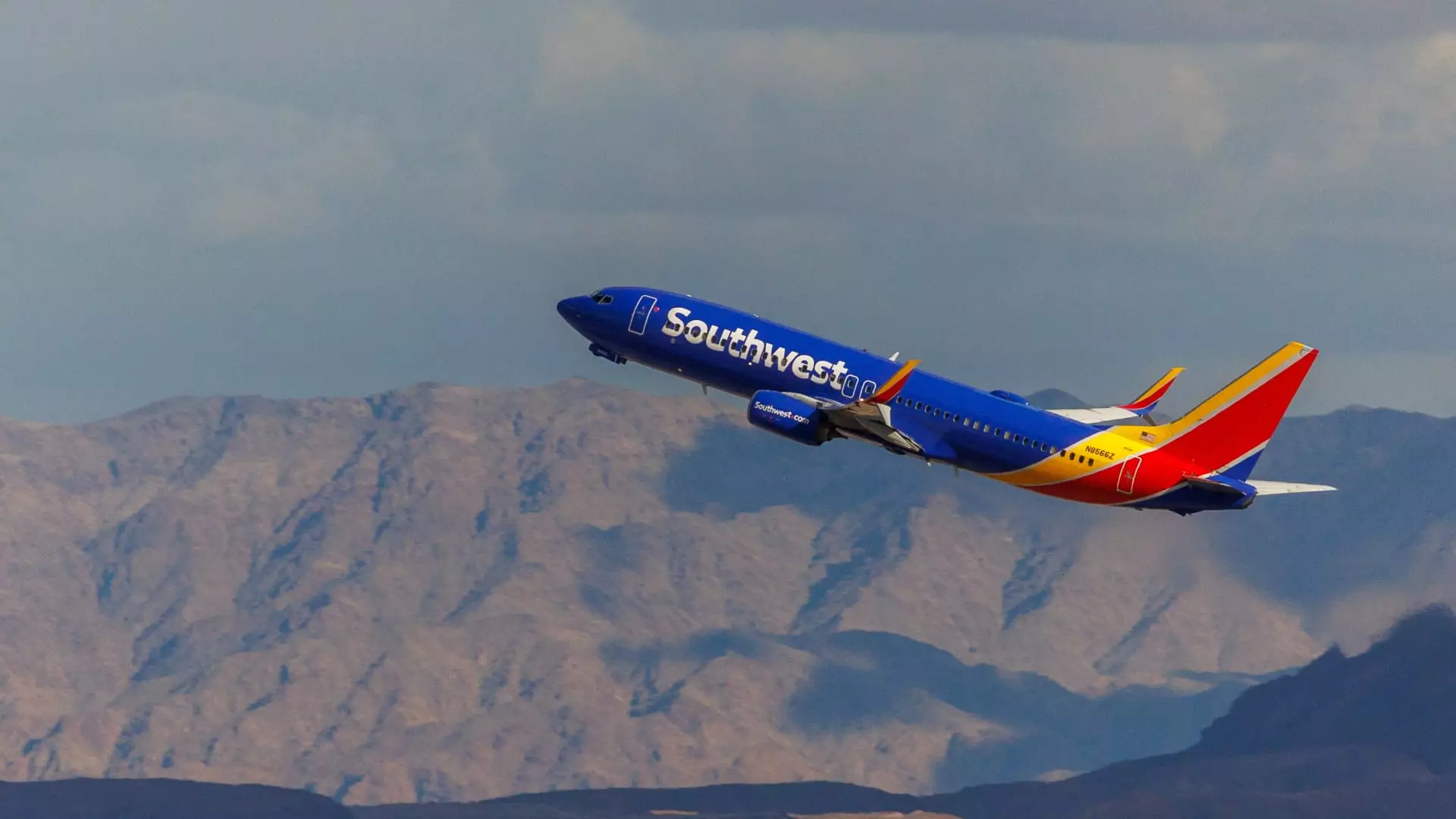Southwest Airlines recently reported a wider loss for the first quarter of the year compared to the same period last year. The airline also expressed concerns about Boeing’s aircraft delays hindering its growth until 2025. Due to these challenges, Southwest has revised its capacity growth plans, expecting to grow by only 4% this year instead of the initially planned 6%. Additionally, the airline anticipates a growth of 8% to 9% in the second quarter, with revenue projected to decline by up to 3.5%. As a result of Boeing’s delays, Southwest now expects to receive only 20 Boeing 737 Max 8 planes, a significant reduction from the previously expected 46 aircraft.
In response to the impact of Boeing’s delays and the need to mitigate operational and financial challenges, Southwest Airlines is implementing various measures. The carrier plans to delay the retirement of some of its older Boeing planes and is cutting costs by offering staff voluntary time off. Southwest aims to reduce its workforce by 2,000 employees by the end of the year. Furthermore, the airline has decided to shut down operations at several airports, including those in Syracuse, New York; Bellingham International Airport in Washington; Cozumel International Airport; and Houston’s George Bush Intercontinental.
Southwest Airlines CEO Bob Jordan emphasized the urgency of achieving the company’s financial goals in light of the challenges posed by Boeing’s aircraft delivery delays. Jordan expressed the need for quick reactions and replanning to minimize the operational and financial impacts while ensuring dependable and reliable flight schedules for customers. The Dallas-based carrier, which operates an all-Boeing 737 fleet, is particularly vulnerable to the repercussions of Boeing’s delays stemming from safety and quality crises.
In the first quarter, Southwest Airlines’ financial performance fell short of Wall Street expectations. The airline reported a loss of $231 million, or 39 cents per share, compared to a loss of $159 million, or 27 cents per share, in the same period last year. After adjusting for one-time items, including labor contract and fuel-related costs, Southwest posted a loss of $218 million, or 36 cents per share. Despite revenue increasing by almost 11% to $6.33 billion, it slightly missed analysts’ estimates compiled by LSEG.
Overall, Southwest Airlines is facing significant challenges due to Boeing’s aircraft delays, necessitating operational adjustments, workforce reductions, and cost-cutting measures to navigate the financial and operational impacts effectively. CEO Bob Jordan’s emphasis on achieving financial goals underscores the immediate imperative facing the airline amidst ongoing uncertainties related to Boeing’s aircraft delivery delays.


Leave a Reply